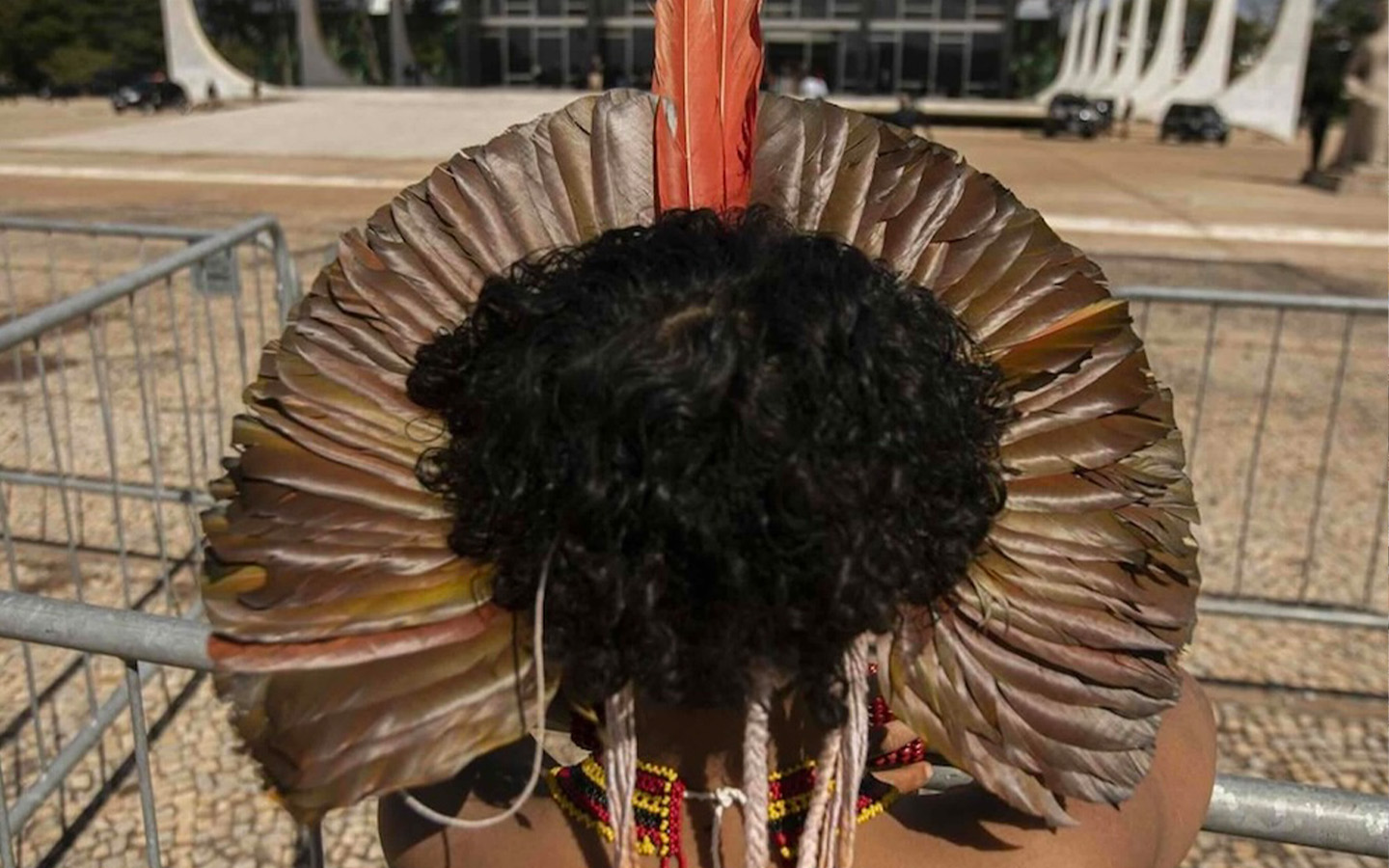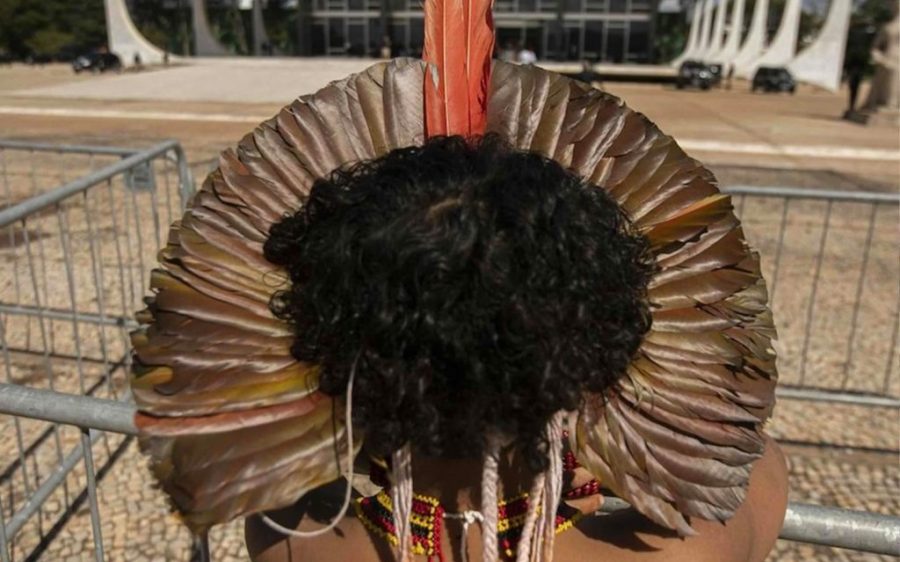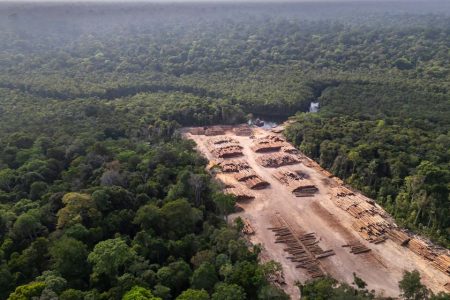Hundreds of Indigenous people staged a protest march in the Brazil last week, voicing opposition to a congressional measure that will effectively dismiss indigenous land claims made after 5 October 1988 – the date of the promulgation of the country’s constitution.
According to an Associated Press report, the move will mean that Indigenous occupation of land, or legal bids to reoccupy land claimed by Indigenous people, will have to have been made by that date. The measure, which could reverse some land allocations while freezing others, is intended to provide surety for companies involved in agribusiness and resource extraction.
However, Indigenous people regard it as unfair because it overlooks the forcible expulsion of Indigenous populations from their lands in the 20th century. “We are aware of the interests of mining companies, ranchers and oil companies in our lands. How many lives will be destroyed if this bill passes?” Indigenous leader Alessandra Korap told the AP.
[See more: Brazil says that it will not join China’s signature Belt and Road Initiative]
Brazil’s Supreme Court has already rejected the notion of the 1988 cut-off point. In a ruling last September, Justice Luiz Fux argued that areas connected to Indigenous ancestry and traditions are protected by the constitution, even if they are not officially recognised.
However, Brazil’s powerful agribusiness lobby began exerting pressure on congress, which passed a law three months later establishing the deadline.
Indigenous organisations have now launched a legal appeal and await a further Supreme Court ruling. Dinamam Tuxá, head of the rights group Articulation of Indigenous Peoples of Brazil, told the AP that the bill would exacerbate socio-environmental conflicts and lead to greater deforestation if it was approved.






